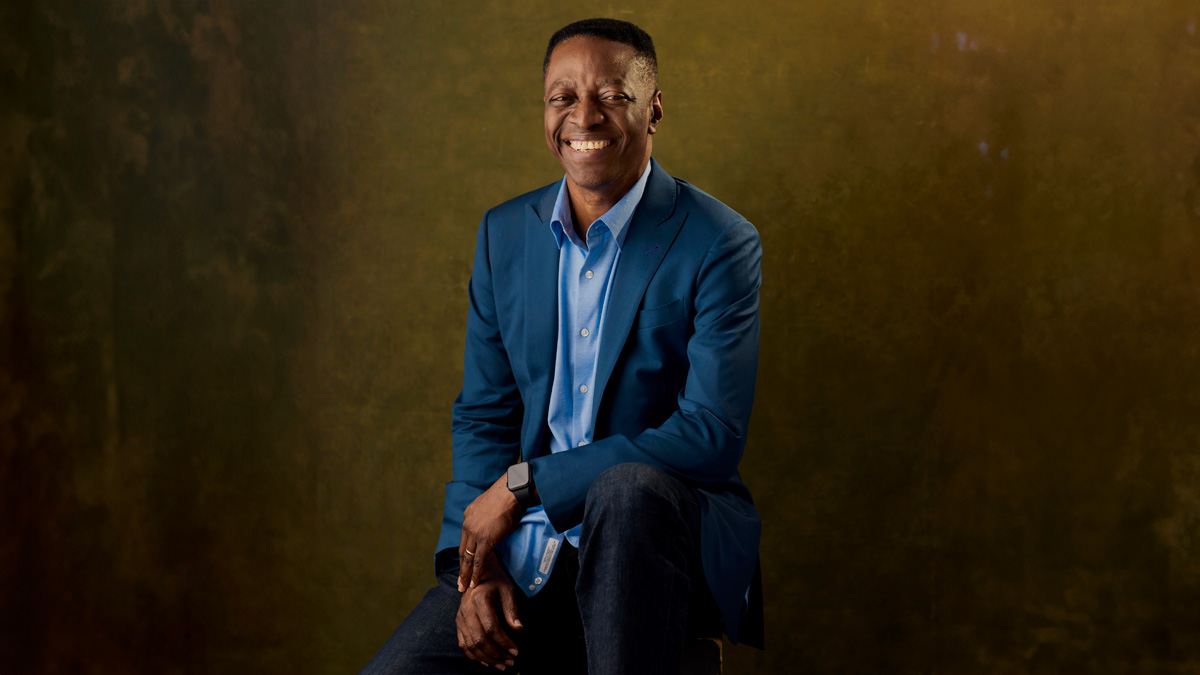Business must learn fast on winning cultures
Sport excels at coaching, motivating and improving through feedback. Why is business failing in these areas and what can it learn?
 Microsoft Chairman and CEO Satya Nadella (Image: Ethan Miller/Getty Images)
Microsoft Chairman and CEO Satya Nadella (Image: Ethan Miller/Getty Images)
Creating a true learning and improvement culture is one of the fundamental building blocks to long-term success, even more so in today’s volatile and fast-paced world. It’s something elite sport is very good at, but an area where many businesses lag behind.
There are lessons that we can learn from sport in terms of the how. But before I share these, I want to start with an example from business. When Satya Nadella became only the third chief executive in Microsoft’s history in 2014, the company was struggling and at risk of not just falling behind but becoming irrelevant. Nadella knew he had to change things fast and dramatically.
After his own period of listening and learning, he started to understand the cause of the problems: the company had stopped listening and it had stopped learning. In short, Microsoft had stopped being open to improvement. With this knowledge, Nadella thus started to lay out his plans for change.
At the annual global sales conference in 2015, in front of 15,000 people, he said: “We can have all the bold ambitions. We can have all the bold goals. We can aspire to our new mission. But it’s only going to happen if we live our culture, if we teach our culture.
“To me, that model of culture is not a static thing. It is about a dynamic learning culture. We will grow as a company if everyone, individually, grows in their roles and in their lives.”
This approach certainly seems to have worked well for Microsoft. However, as Nadella points out in his book Hit Refresh, it’s a constant process involving organisation-wide training and coaching, alongside system and process change. So what might this look like, and what are some of the lessons we can learn from elite sport?
Get coaching right
In some respects, the job of a sports coach is relatively easy: their role each day is to help their athletes get better. What about your role in your company, though? Wouldn’t the business benefit if you took the same coaching approach and applied it to interactions with your colleagues?
Elite sport shows us that it’s important to take advantage of the numerous “coaching moments” that occur across the working day. Don’t leave this side of your role until the formal appraisals: take advantage of all the daily opportunities presented to you to ask questions, challenge colleagues to a better performance or outcome and share insight, tools and techniques.
How you do this matters. Having a consistent approach to these sorts of conversations, and upskilling your managers and leaders to use this, is critical. One of my favourite frameworks (and one that is backed by lots of research) is HEADS, which stands for “high expectations, assurance, direction and support”. Let your people know that you have high expectations of them and that you are confident they will achieve them.
But don’t just leave it at that – go on and provide some direction and support. For example, in order to improve in this area, you need to talk to x, read y or go on z course. Next time you’re minded to give a quick response or answer, check yourself and ask: “Is this a coaching moment?”
The answer will often be yes. Take a breath, then control and direct your response accordingly.
Give clear feedback
One of the areas in which I see significant differences in approach across sport and business is in performance management. In business, too often feedback is irregular and guarded – and something for the recipient to fear.
In sport, feedback is generally clear and clinical, with an understanding that it is all aimed at helping the athlete get better. If I’m competing to make the Olympic team, feedback is my friend. I want to know what I need to change and improve to give myself the best chance of making the squad. Feedback is regular, comprehensive and welcomed.
This is a shift businesses can make that can have a huge impact on both personal development and motivation, not to mention overall business outcomes. Prioritise performance review and feedback sessions. Don’t shift them in the diary when things get busy – I see this far too often. Remember they are for the benefit of the individual and the organisation. And be clear and objective.
Build a learning culture
Satya Nadella highlighted the importance of systems and processes when trying to instil and reinforce a learning and improvement culture. You need to introduce them. Set up learning forums. Develop a coaching framework and train your managers in it. Build learning goals into your reward and recognition schemes.
Conduct thorough debriefs at the end of projects. Make sure projects include regular review sessions with models such as “stop, start and continue”. Ensure that learning and improvement run through everything in your organisation. Then communicate it. Emphasise it in recruitment. Introduce it in inductions. Make it part of your feedback.
Develop the person, not the player
As a final area to highlight, a key mantra within elite sport over the past few years has been to develop the person not the player. In essence, this refers to the benefits and importance of developing an athlete not just within their sport, but as a more rounded individual.
There are some excellent examples within sport that I share in my book Staying the Distance. For readers of this column, the best business example is that of a large and very successful Yorkshire-based corporate that gives employees the opportunity to apply for funding each year in areas that develop them as a person, rather than just someone who fulfils their particular role.
Research in elite sport is showing the impact this can have on both motivation and improved and sustained performance. And why wouldn’t you want that for your people and your business?
Learning doesn’t just stop when we leave school: we should all be life-long learners. If you can encourage and embed that in your business, you will gain a critical competitive advantage.
Catherine Baker is the founder and director at Sport and Beyond, and the author of Staying the Distance: The Lessons from Sport that Business Leaders Have Been Missing



